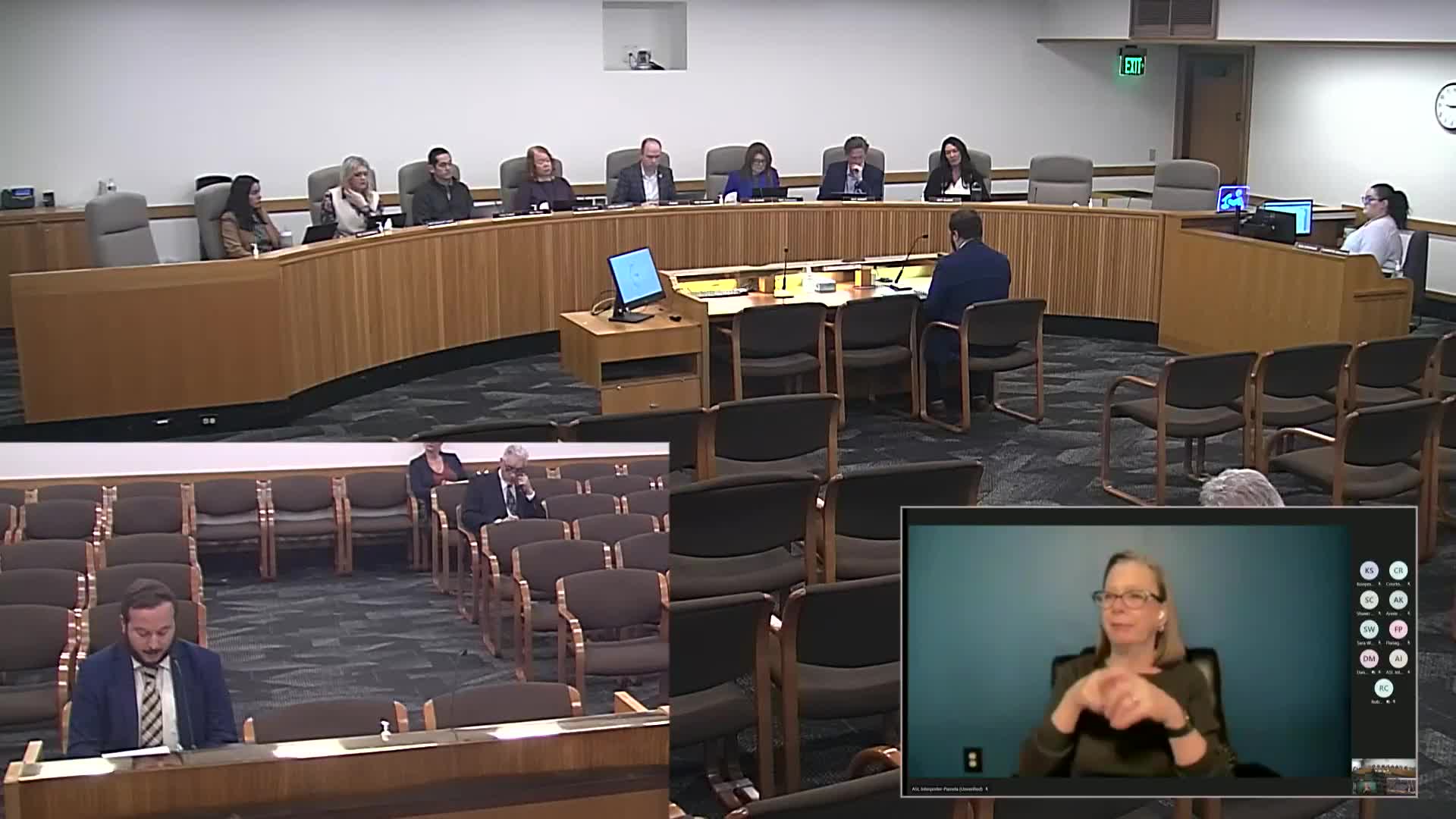Oregon Committee Debates Open Primaries for Inclusive Democracy
March 19, 2025 | Rules, House of Representatives, Committees, Legislative, Oregon
This article was created by AI summarizing key points discussed. AI makes mistakes, so for full details and context, please refer to the video of the full meeting. Please report any errors so we can fix them. Report an error »

In a recent meeting of the Oregon House Committee on Rules, discussions centered around the proposed House Bill 3166, which aims to reform the state's primary election system by opening it to all voters, including those not affiliated with a political party. Advocates argue that this change would enhance the quality of elections and foster a more inclusive political environment.
Proponents of the bill highlighted that open primaries encourage candidates to appeal to a broader range of voters, thereby promoting bipartisan collaboration. They pointed to Nebraska's nonpartisan legislature as a successful example, where open primaries have led to increased cooperation among elected officials. The bill's supporters believe that by allowing more diverse candidates to compete, Oregon can reduce political polarization and create a political landscape that better reflects the views of its citizens.
Testimonies during the meeting included concerns about the current closed primary system, which limits participation to registered party members. Sean Campbell, an independent voter, emphasized the growing number of nonaffiliated voters in Oregon and the need for their voices to be included in the electoral process. He argued that the existing system disenfranchises many voters and stifles the potential for third-party candidates to gain traction.
Opponents of the bill raised concerns about the potential for party endorsements to be influenced by insiders, suggesting that the proposed changes could undermine the integrity of party labels on ballots. They cited examples from other states where candidates have exploited open systems to misrepresent their affiliations, leading to voter confusion.
The committee's discussions reflect a significant moment in Oregon's electoral landscape, as lawmakers consider reforms that could reshape the state's political dynamics. As the bill moves forward, the implications for voter engagement and representation in Oregon's elections remain a critical focus for both supporters and critics. The committee's decision on HB 3166 will be pivotal in determining the future of the state's electoral process and its responsiveness to the electorate's diverse needs.
Proponents of the bill highlighted that open primaries encourage candidates to appeal to a broader range of voters, thereby promoting bipartisan collaboration. They pointed to Nebraska's nonpartisan legislature as a successful example, where open primaries have led to increased cooperation among elected officials. The bill's supporters believe that by allowing more diverse candidates to compete, Oregon can reduce political polarization and create a political landscape that better reflects the views of its citizens.
Testimonies during the meeting included concerns about the current closed primary system, which limits participation to registered party members. Sean Campbell, an independent voter, emphasized the growing number of nonaffiliated voters in Oregon and the need for their voices to be included in the electoral process. He argued that the existing system disenfranchises many voters and stifles the potential for third-party candidates to gain traction.
Opponents of the bill raised concerns about the potential for party endorsements to be influenced by insiders, suggesting that the proposed changes could undermine the integrity of party labels on ballots. They cited examples from other states where candidates have exploited open systems to misrepresent their affiliations, leading to voter confusion.
The committee's discussions reflect a significant moment in Oregon's electoral landscape, as lawmakers consider reforms that could reshape the state's political dynamics. As the bill moves forward, the implications for voter engagement and representation in Oregon's elections remain a critical focus for both supporters and critics. The committee's decision on HB 3166 will be pivotal in determining the future of the state's electoral process and its responsiveness to the electorate's diverse needs.
View full meeting
This article is based on a recent meeting—watch the full video and explore the complete transcript for deeper insights into the discussion.
View full meeting
